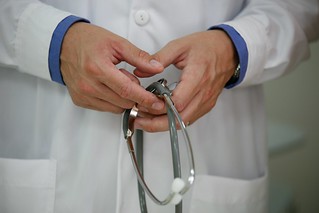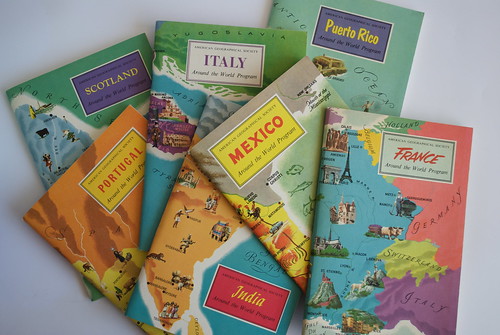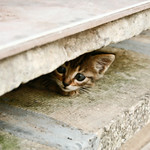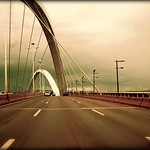We are still sick. So, we started giving each other advice on some common health problems. After a brief check up of our medical history and our attitudes towards disease prevention, we talked about the operations we have had, our visits to the hospitals, our broken bones, our regular check- ups, and our visits to the dentist. We also mentioned our fear of injections and other things that come with getting sick. Just as in the previous class, talking about these things is better than experiencing them.
The following
part was really interesting because we reviewed our knowledge of geography and history and we learned a bit about the history of
medicine. I bet many of you did not know the Arabs were so important in the
development of medicine. We took this chance to see a bit of geography to connect
the Arab’s pioneering discoveries.
Right after
that, we jumped to uncover the milestones of modern medicine. It is amazing to
see how much progress has been done in such a short period of time. On the
other hand, some developments that took place quite long ago are still so
relevant today. That was certainly a good way of wrapping this saga of getting
sick: with a good doctor and the right treatment.







